healthcare
Latest

FCC approves $200 million plan to fund COVID-19 telehealth services
The FCC has approved $200 million in telehealth funding for healthcare providers responding to the coronavirus pandemic. With federal funding made available through the CARES Act, the COVID-19 Telehealth Program will help providers pay for the broadband connectivity and devices required to provide healthcare remotely.
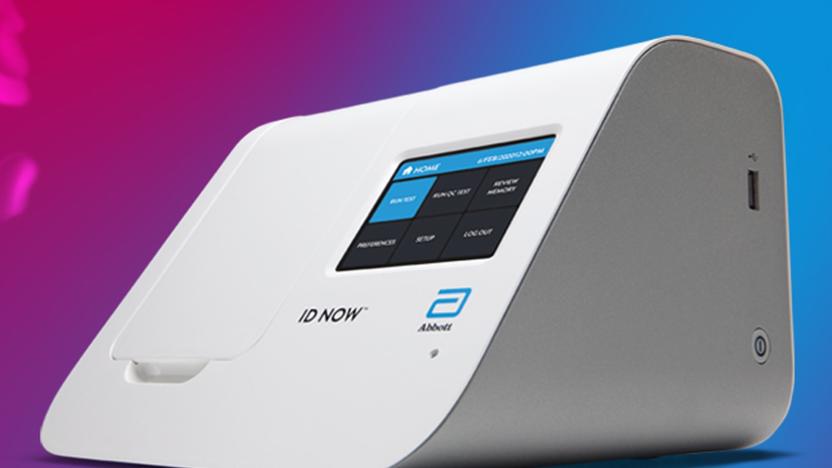
Lab-in-a-box test can detect COVID-19 in 5 minutes
The FDA has scrambled to allow numerous COVID-19 tests in a bid to control the pandemic, but one of the latest may represent a big step forward in technology fighting the disease. Abbott has received emergency use authorization for a variant of its toaster-sized ID NOW lab-in-a-box that can provide positive results in as soon as five minutes, and all-clear results in 13 minutes. On top of this, it's one of the few tests of its kind that can be used outside of a hospital, such as at a clinic.

Airbnb hosts can volunteer to house COVID-19 responders
Airbnb is dealing with COVID-19 cancellations by providing support to people on the front lines of the pandemic. It's launching a worldwide initiative that will let hosts opt in to offering free or subsidized housing to healthcare workers, first responders and other crucial staff who may need to live closer to where they're offering help. The company will partner with governments, businesses, nonprofit groups and emergency agencies to help them find hosts, while home owners who volunteer will have a cleanliness protocol to follow to minimize the chances of the coronavirus spreading.

Lyft tries offering free bike-share passes to hospital workers
Lyft is offering free, 30-day bike-share passes to critical workers in New York City, Chicago and Boston. This should help people who still have to get to work during the coronavirus pandemic, and to keep them safe, Lyft says it is ramping up its cleaning efforts.

Amazon will deliver at-home COVID-19 test kits in Seattle trial
Amazon is playing a direct role in COVID-19 relief beyond shipping essentials to people sheltering at home. Amazon Care, the division providing healthcare to company staff, is partnering with the Gates Foundation-backed Seattle Coronavirus Assessment Network to deliver and pick up at-home COVID-19 testing kits as part of a trial. The number of kits will be limited, but should help widen testing for the virus without relying on conventional mail and courier deliveries.
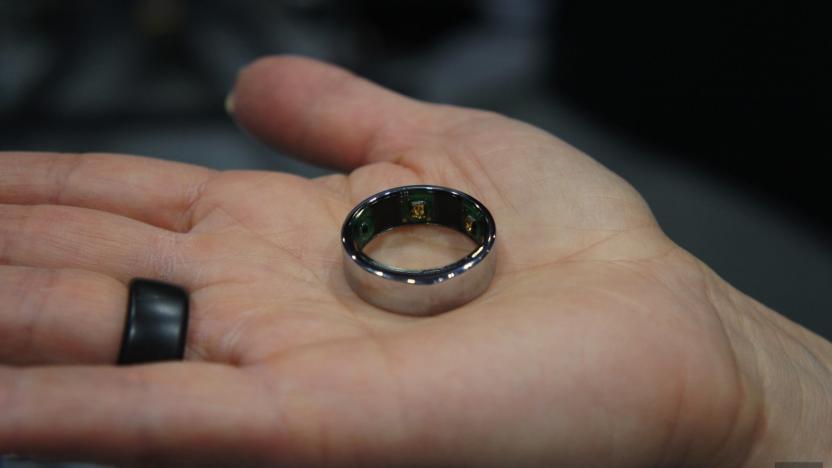
ER docs don smart rings to better predict COVID-19 infections
Some 2,000 emergency medical workers in San Francisco are tracking their temperature and other vitals with Oura's smart rings in an attempt to limit the spread of COVID-19, SF Chronicle reports. Oura and researchers from the University of California San Francisco (UCSF) hope to use that data to develop an algorithm that will predict the onset of COVID-19 and help contain the virus.

Apple donates millions of masks to healthcare pros in the US and Europe
Hospitals in numerous countries are struggling to provide basic supplies to healthcare workers, and tech companies are pitching in to address the shortfall. Tim Cook has revealed that Apple is donating "millions" of masks to healthcare professionals in Europe and the US. While he didn't elaborate on just how many were going around, Vice President Mike Pence said in a briefing that 2 million N95 masks were headed to the US.

Razer is making surgical masks to help with supply shortages
With many healthcare workers in dire need of more supplies to fight the COVID-19 pandemic, some companies are helping by making essential items. Razer, for one, is joining the effort to fight the virus by making and donating surgical masks.
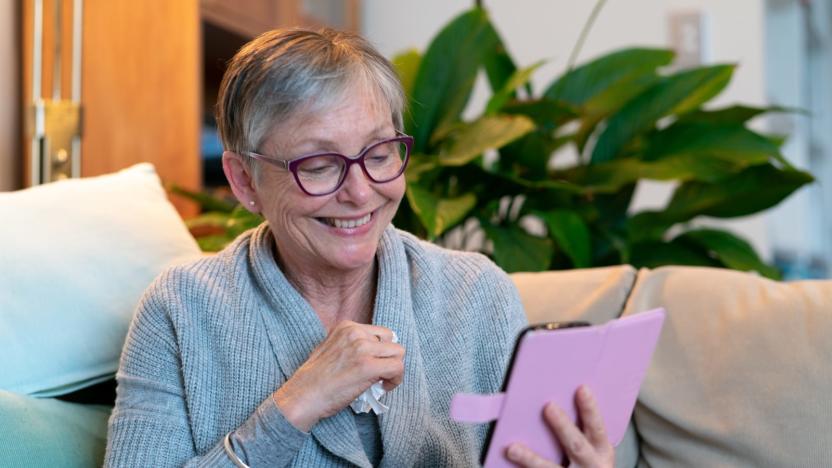
Medicare expands US telehealth coverage in response to COVID-19
In an effort to keep seniors at home during the coronavirus outbreak, Medicare is expanding coverage for telehealth nationwide. Medicare patients can now connect with doctors and other providers through phone or video. This should allow millions of older adults to seek medical advice without potentially exposing themselves or others to the virus.

Alphabet's Verily launches coronavirus screening service in California
Verily -- Google's sibling healthcare brand -- has launched a website that will help adults in northern California determine whether they need a test for coronavirus. The "triage" pilot is available to those in Santa Clara Country and San Mateo County, and asks users questions about their recent health and travel. The site will, if necessary, help users obtain a free test.
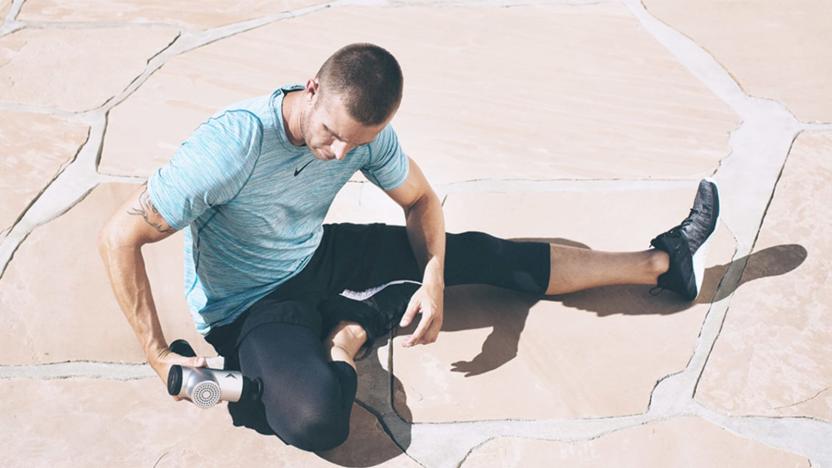
Hyperice teases 'wellness pods' filled with pro sports recovery tech
Two of the biggest names in professional sports recovery tech are joining forces. Hyperice has formally acquired NormaTec, and the companies -- which have been collaborating since 2016 -- plan on pooling their experience and resources to further develop products that are already big in the pro sports world.
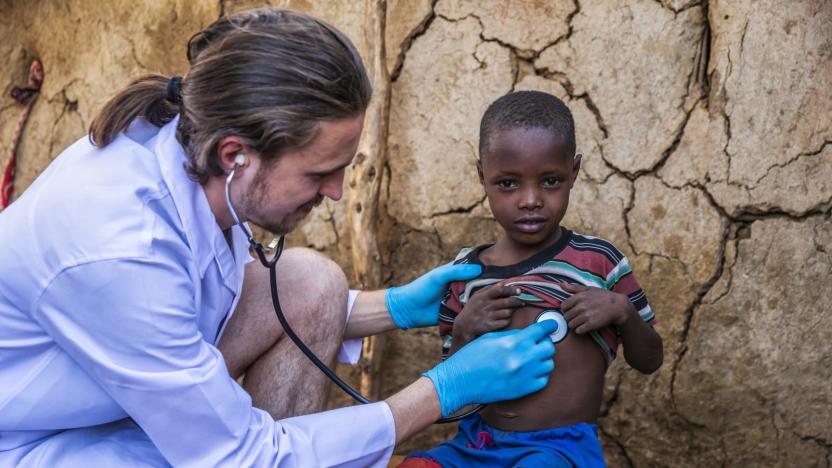
Microsoft backs AI in healthcare with a $40 million program
Microsoft's deepening health tech strategy now includes a significant commitment to AI. The company is starting a $40 million AI for Health program that should help researchers and key organizations improve the quality of life for people around the planet. The five-year initiative will use AI to improve diagnosis, prevention and treatment, as you might have expected, but it'll also be used for global-scale health insights and to improve access to healthcare in areas where it's often costly or hard to find.

FDA clears algorithms that detect heart murmurs and AFib
The FDA just granted clearance to a suite of algorithms that could help healthcare providers in the US more accurately screen for heart conditions during routine physical exams. The algorithms, developed by Eko, can help detect both heart murmurs, indicative of valvular or structural heart disease, and atrial fibrillation, or AFib, which can lead to blood clots, strokes, heart failure and other complications.
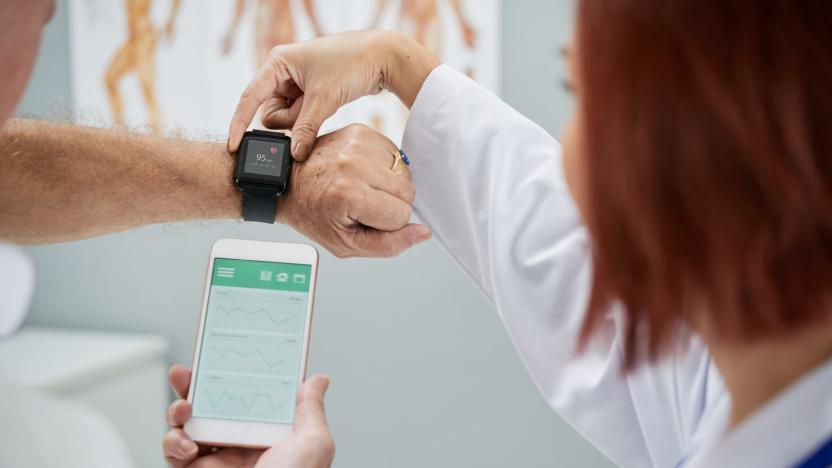
Major health records company fights federal rules on shareable patient data
A major medical records company, Epic Systems, is urging hospitals to oppose new patient data rules proposed by the Department of Health and Human Services (HSS), CNBC reports. The regulations are meant to make it easier to share medical data and for patients to access their data using smartphone apps. But critics say the rules don't do enough to protect patient privacy, and opponents like Epic CEO Judy Faulkner fear app makers will have access to patient data without consent.

Stanford's new tech-laden hospital includes pill-picking robots
Technology only seems to find its way into hospitals in fits and starts. Stanford, however, is about to find out what happens when you build a tech-oriented hospital from the ground up. The university has opened a new hospital in Stanford Health Care's campus that aims to be as capable and connected as the phone in your pocket. You can control entertainment lighting and climate from a pad near your bed, while an updated MyHealth mobile app can help you contact a physician or guide you through the hospital's halls. However, the sheer automation of the hospital may be its real highlight.

Google is reportedly gathering health data on millions of Americans
Google is gathering detailed health record information from millions of Americans -- and it has not informed patients or doctors, The Wall Street Journal reports. According to WSJ, St. Louis-based Ascension, the second-largest health system in the US, is sharing lab results, diagnoses and hospitalization records, as well as health histories complete with patient names and dates of birth, with Google.
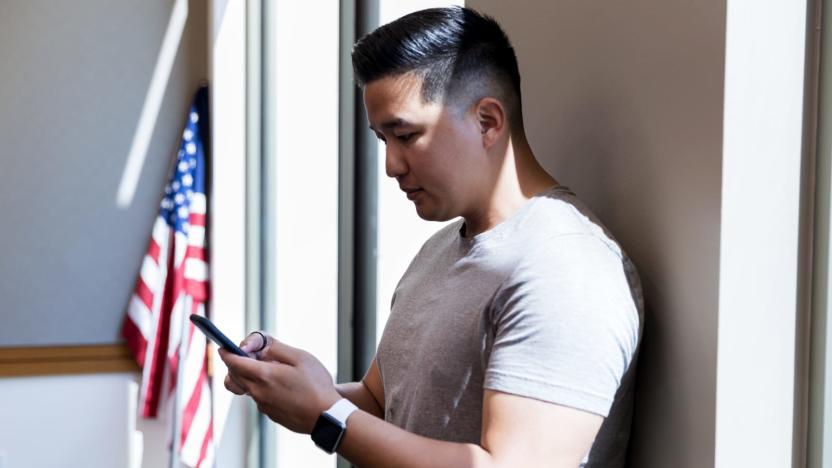
US veterans can now use an iPhone to access their health records
Apple is widening American veterans' access to health records from their iPhones. In the wake of a test this summer, any veteran receiving care through the Veterans Health Administration can use Apple's Health app on iOS to pull up their medical data. You can check lab results, medications and other data in one place without having to get printed copies or otherwise walk through an elaborate process. This includes care across multiple providers, whether it's Johns Hopkins or UC San Diego.

Healthcare risk algorithm had 'significant racial bias'
There's more evidence of algorithms demonstrating racial bias. Researchers have determined that a "widely used" risk prediction algorithm from a major (but unnamed) healthcare provider had a "significant racial bias." While it didn't directly consider ethnicity, its emphasis on medical costs as bellwethers for health led to the code routinely underestimating the needs of black patients. A sicker black person would receive the same risk score as a healthier white person simply because of how much they could spend.

Google bans ads for unproven medical treatments
In an attempt to remain trustworthy, Google will no longer allow ads for "unproven or experimental medical techniques." Under the new Healthcare and medicines policy, the company will prohibit advertising for treatments that lack biomedical or scientific basis, including most stem cell therapies and gene therapy. That should cut down on ads for things like young blood transfusions and vampire facials.
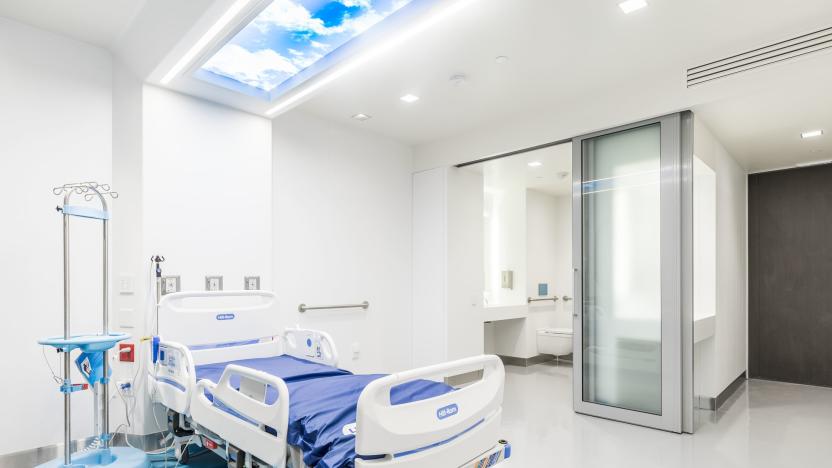
When the 'smart home' is actually a hospital room
You've surely gotten used to seeing Alexa in basically every piece of consumer technology out there -- Amazon is even putting it in microwaves. But Philadelphia-based startup EIR Healthcare has a new integration that managed to catch my eye: the company is selling hospital rooms with Alexa built right in. It's part of EIR's MedModular hospital room that was unveiled last October, something the company hopes will make hospital rooms "smarter" in a variety of ways beyond just Alexa.




